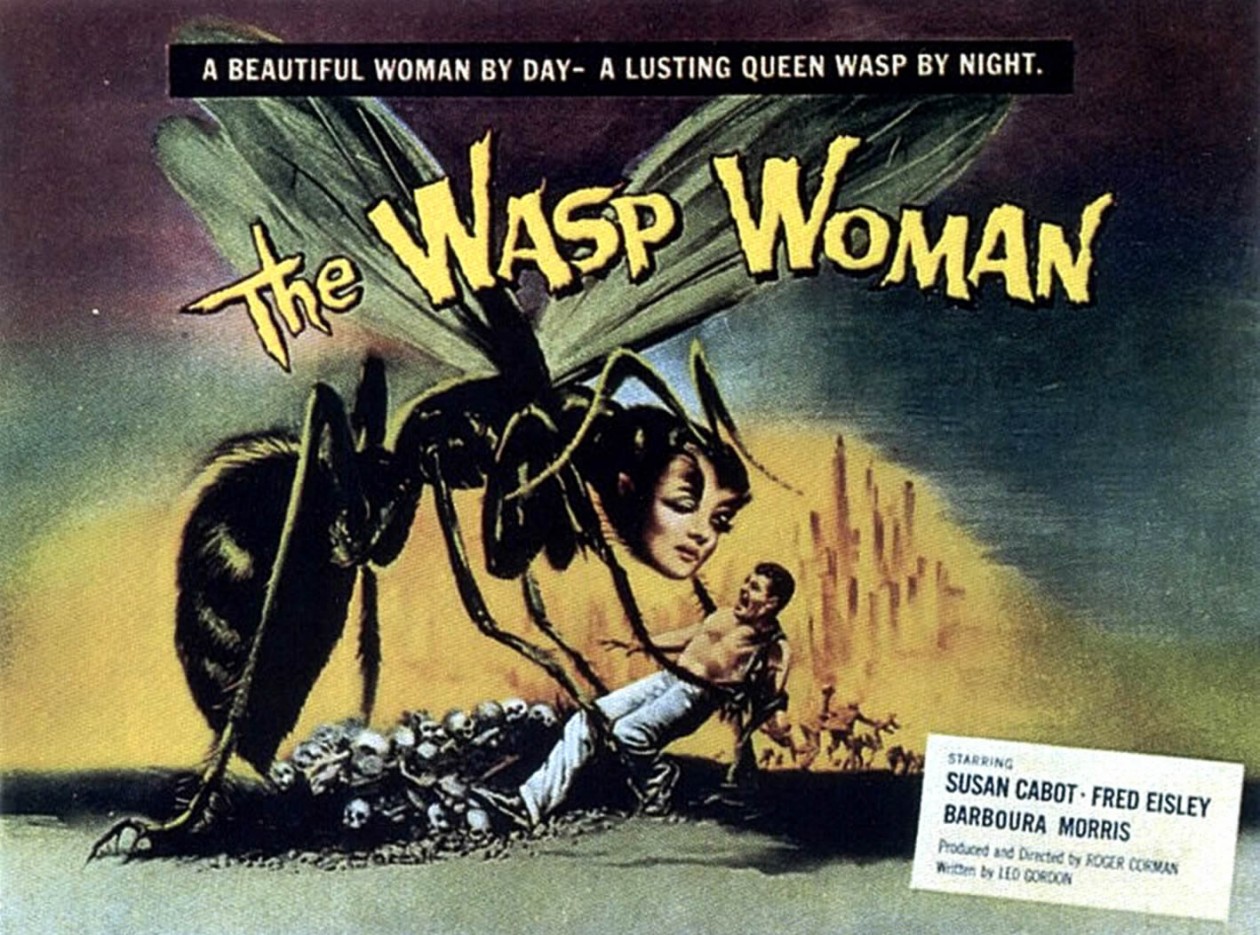I know tomorrow will be a bit hectic trying to work through our discussion of the 3 articles in addition to reactions to The Help, so I wanted to post my summary notes of Kaplan here on the blog. Kaplan’s piece serves a two-fold purpose; to educate us about the representations of mothers in Hollywood, and to address the attitude toward and full discussion (or lack thereof) of motherhood by feminist film critics.
The piece discusses how Hollywood films tend to relegate the Mother to the periphery of the film. They are not shown as complex characters who have conflicting needs and roles.
Kaplan outlines four paradigms of the Mother:
- 1. Good Mother: She is all-nurturing, and lives only through her family
- 2. Bad Mother/Witch: She demands her own life, takes control of the narrative & is therefore punished for her violation
- 3. Heroic Mother: She suffers/endures for the sake of the family; is slightly more central to the narrative than the Good Mother
- 4. Silly/Weak/Vain Mother: She is the center of comedies and is ridiculed by the members of her family
Additionally, Kaplan notes that the Mother is rarely single, and traditionally rarely combines motherhood & work. She argues that the narratives which do focus on the Mother do so only because she is resisting her “proper” place; the heart of the film is to work to re-inscribe the Mother back into her appropriate role as defined by patriarchy. In this way, films aim to teach us about the life that we should want (Kaplan gives examples of Stella Dallas to show how this function of film serves to indoctrinate us to desire a particular set up of social roles within a capitalist context).
Another important aspect of this piece was the recognition that traditionally, feminist film critics have focused on the Mother from a daughter point-of-view. She mentions the tension and conflict that feminist film critics have, angry at their mothers for reinforcing and working within the patriarchal structure. However, Kaplan concedes that this is a repetition of patriarchy’s omission of the Mother.
At present, Kaplan says that there is a split between representing Mothers as the Old, traditional mother and the Career mother. The Career Mother, in her dedication to her career, loses the very qualities that are needed to be cast as a good mother. However, more recently fathers have been portrayed as nurturing, and are now allowed permitted to acquire feminine attributes.
Questions to consider:
1. Can you think of examples of each of the 4 types of Mother images?
2. Why is it problematic that until recently the perspective of the mother was left unexamined?
3. Can you think of examples that contrast old & new representations of mothers/fathers that show either a combination of motherhood & career (for mothers) or a nurturing fatherhood (for fathers)?
